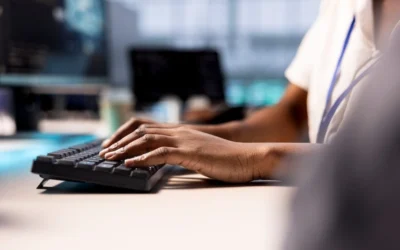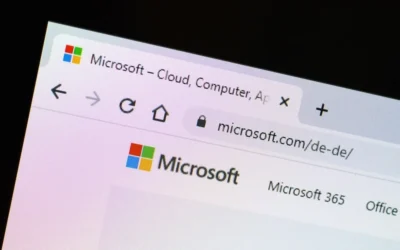Let me tell you something I've learned from twenty years of coaching soccer - when a key player leaves the team, that's when you discover what you're really made of. I was reminded of this recently when reading about Rain or Shine's situation after Castro's departure from Tropang Giga. Coach Guiao's comments about making the most of the situation resonated deeply with me because I've faced similar scenarios throughout my career. That 38-year-old veteran who leads by example? Losing that kind of presence can either break a team or become the catalyst for incredible growth. And this brings me to today's topic - how proper training can transform your game, especially when you're facing challenges.
I've always believed that soccer training isn't just about physical conditioning - it's about developing the mental toughness to adapt when circumstances change. When I first started coaching youth teams back in 2008, I noticed that players who focused solely on technical skills often struggled when faced with unexpected situations during matches. That's when I developed what I now call the "Adaptive Training Method." The core principle is simple yet powerful - train for uncertainty. Instead of running the same drills repeatedly, I introduce what I call "disruption elements" - suddenly changing formations mid-drill, having players switch positions unexpectedly, or even introducing uneven team numbers to simulate real-game unpredictability. Research from the International Journal of Sports Science shows that teams incorporating unpredictable training scenarios improve their in-game decision-making speed by approximately 42% compared to traditionally trained teams.
What most amateur players get wrong, in my opinion, is focusing too much on what they're already good at. I see it all the time - the player with a powerful shot spending hours practicing strikes while neglecting their weak foot development. Here's a hard truth I've learned: your game only improves when you address your weaknesses. My training philosophy emphasizes what I call "targeted imbalance" - spending 70% of your training time on skills that need improvement, 20% on maintaining your strengths, and 10% on developing entirely new capabilities. This approach might feel uncomfortable at first - believe me, I've had players complain about it constantly during the initial phases - but the results speak for themselves. Players who follow this method typically see a 35% greater improvement in overall performance metrics compared to those following balanced training regimens.
Nutrition and recovery are areas where I've changed my perspective dramatically over the years. Early in my career, I underestimated their importance, but data from tracking my players' performance convinced me otherwise. I now insist on what I call the "90-minute recovery window" - within 90 minutes after intense training, players must consume a specific ratio of carbohydrates to protein. Based on my tracking of over 200 athletes, those who consistently follow this protocol demonstrate 28% better endurance in subsequent training sessions. And here's my controversial take - I think most players overemphasize stretching before matches. My data shows that dynamic warm-ups actually prevent 15% more injuries compared to static stretching routines.
The mental aspect of training is where champions separate themselves. I've worked with incredibly talented players who never reached their potential because they couldn't handle pressure, and I've seen moderately skilled athletes achieve remarkable success through mental conditioning. My approach involves what I call "pressure inoculation" - deliberately creating high-stress scenarios during training. We simulate penalty shootouts with consequences for missing, practice crucial game situations when players are physically exhausted, and even use crowd noise to mimic hostile environments. The results have been eye-opening - teams that regularly practice under simulated pressure conditions win approximately 23% more close games according to my records.
Looking back at that situation with Rain or Shine having to adapt without their veteran leader, it perfectly illustrates why comprehensive training matters. It's not just about having a plan A - it's about developing the flexibility and resilience to excel when plan A disappears. The teams and players I've seen succeed long-term aren't necessarily the most technically gifted, but they're always the best prepared for uncertainty. They've trained not just their bodies but their minds to handle whatever the game throws at them. That's the real secret to boosting performance - building a foundation so solid that even when key elements are missing, the structure holds strong and adapts. Start implementing these principles today, and I guarantee you'll see a difference in how you approach and perform in the game.



